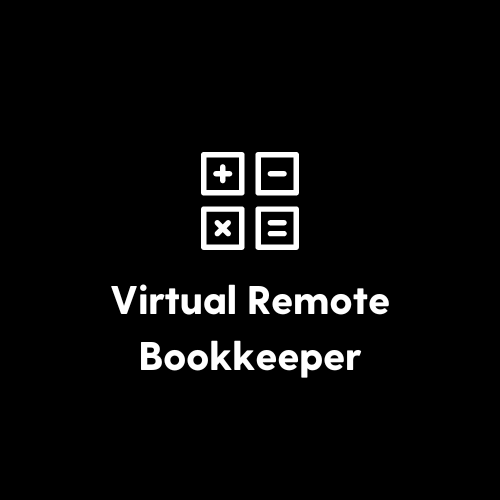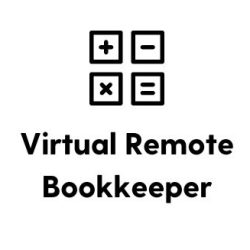
Being an independent contractor brings flexibility, autonomy, and a sense of freedom, but it also means wearing many hats. Among the most important is handling your own finances. Bookkeeping is essential for independent contractors, as it helps track income, expenses, and overall financial health. In this blog, we’ll explore effective bookkeeping strategies that can help you manage your finances efficiently and stay organized year-round.
1. Separate Personal and Business Finances
One of the first and most important steps for independent contractors is to separate personal and business finances. Having a dedicated business account makes it easier to track expenses, calculate profits, and handle taxes. Mixing personal and business finances can lead to confusion and potential mistakes during tax season.
Pro Tip:
- Open a separate business checking account and credit card.
- Regularly transfer personal funds as your “salary” from your business account.
2. Track Every Expense
Keeping track of all expenses is critical for understanding your business’s financial health and maximizing tax deductions. Independent contractors can deduct various expenses like office supplies, travel, meals, and even a portion of home office costs. Using a dedicated bookkeeping tool or software will help categorize and track all your spending.
Tools to Use:
- QuickBooks, Xero, FreshBooks (Cloud-based bookkeeping software)
- Google Sheets or Excel (for manual tracking)
3. Create a Consistent Invoicing System
Getting paid promptly is crucial for cash flow. A streamlined invoicing system ensures that you send invoices on time and follow up on any overdue payments. Use invoicing tools that integrate with your bookkeeping software for easy tracking.
Steps to Improve Invoicing:
- Create and send invoices right after completing a job.
- Set up automated reminders for overdue payments.
- Include clear payment terms on every invoice.
4. Use Accounting Software
For independent contractors, investing in accounting software is a smart move. It not only helps track income and expenses but also generates reports, simplifies tax filing, and manages invoicing. Cloud-based accounting software ensures your data is backed up and accessible from anywhere.

Popular Software:
- QuickBooks Self-Employed: Tailored for freelancers and contractors.
- Wave: Free accounting software with paid features for invoicing.
- FreshBooks: Excellent for time tracking, expenses, and invoicing.
5. Save for Taxes
As an independent contractor, taxes aren’t withheld from your income, so you need to plan ahead. A good rule of thumb is to set aside 25-30% of your income for tax payments. Estimate your quarterly tax payments to avoid penalties from the IRS.
Tips for Managing Taxes:
- Automate your tax savings by transferring a percentage of each payment to a dedicated tax account.
- Use tax-deduction tracking apps like TurboTax or H&R Block.
6. Keep Records Organized
Maintaining well-organized records is essential for year-round bookkeeping. Make it a habit to save and categorize receipts, bank statements, invoices, and any other financial documents.
How to Stay Organized:
- Go paperless by scanning receipts and storing them digitally.
- Organize your digital files in clearly labeled folders (e.g., “2024 Expenses,” “2024 Invoices”).
- Review and update records weekly or bi-weekly.
7. Outsource Your Bookkeeping
As your business grows, bookkeeping can become time-consuming. Outsourcing bookkeeping to professionals allows you to focus on your core work while ensuring your finances are handled correctly. Virtual bookkeeping services, like Virtual Remote Bookkeeper, offer affordable, efficient solutions tailored to the needs of independent contractors.
Benefits of Outsourcing:
- Save time and reduce stress.
- Get expert help with tax preparation and financial reporting.
- Ensure your bookkeeping stays accurate and up-to-date.
8. Create a Budget
Budgeting helps you control spending, plan for the future, and ensure you have enough saved for tax payments, emergency expenses, and retirement. Create a monthly or quarterly budget to keep your finances on track.
Budgeting Tips:
- Include categories like office supplies, travel, software subscriptions, and marketing.
- Adjust your budget based on actual income and expenses.
Conclusion
Effective bookkeeping for independent contractors is key to running a successful business. By separating finances, using the right tools, and staying organized, you can keep your business on track and prepare for long-term financial success. If bookkeeping feels overwhelming, consider outsourcing to experts like Virtual Remote Bookkeeper to help streamline your processes and ensure accuracy.


